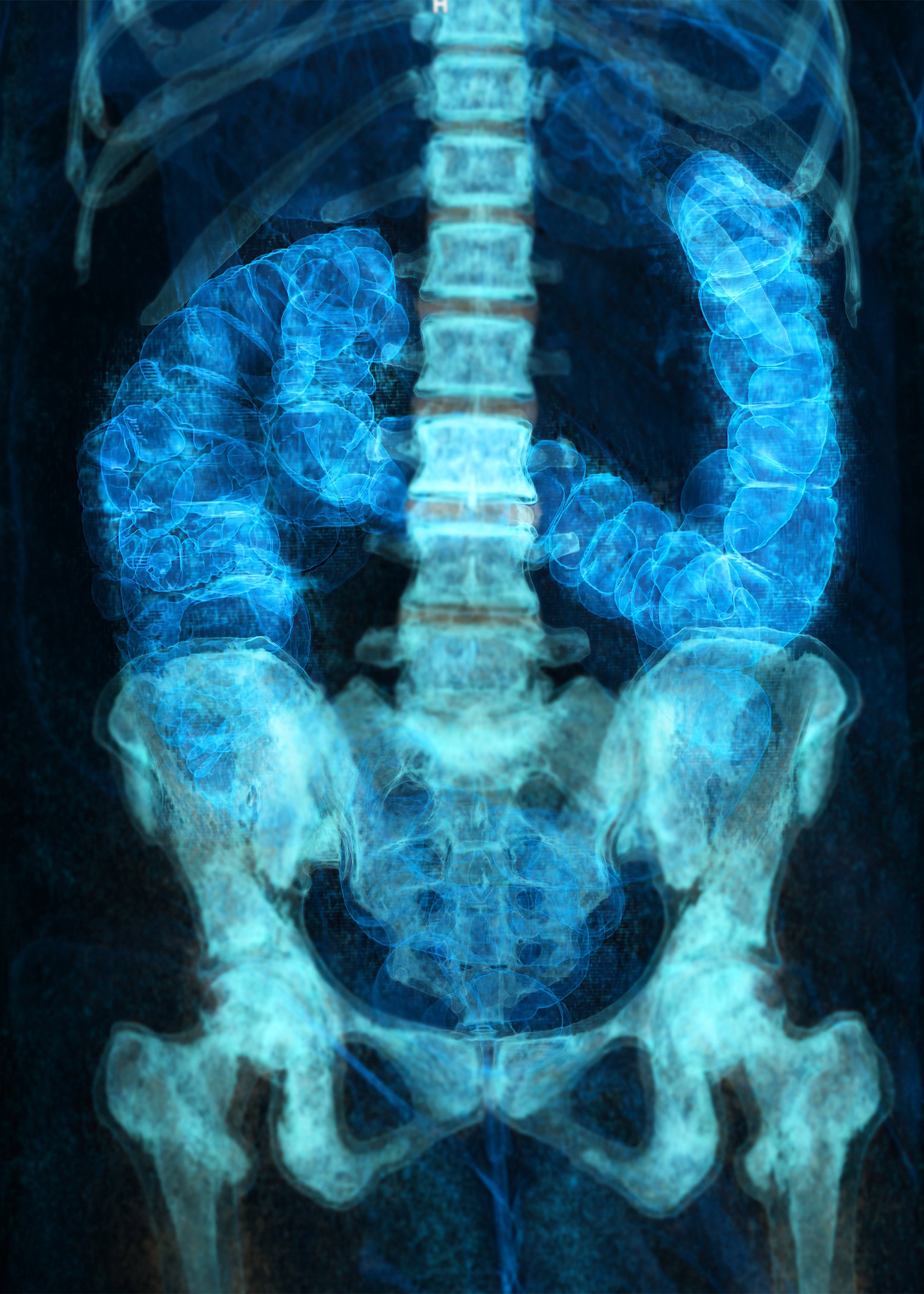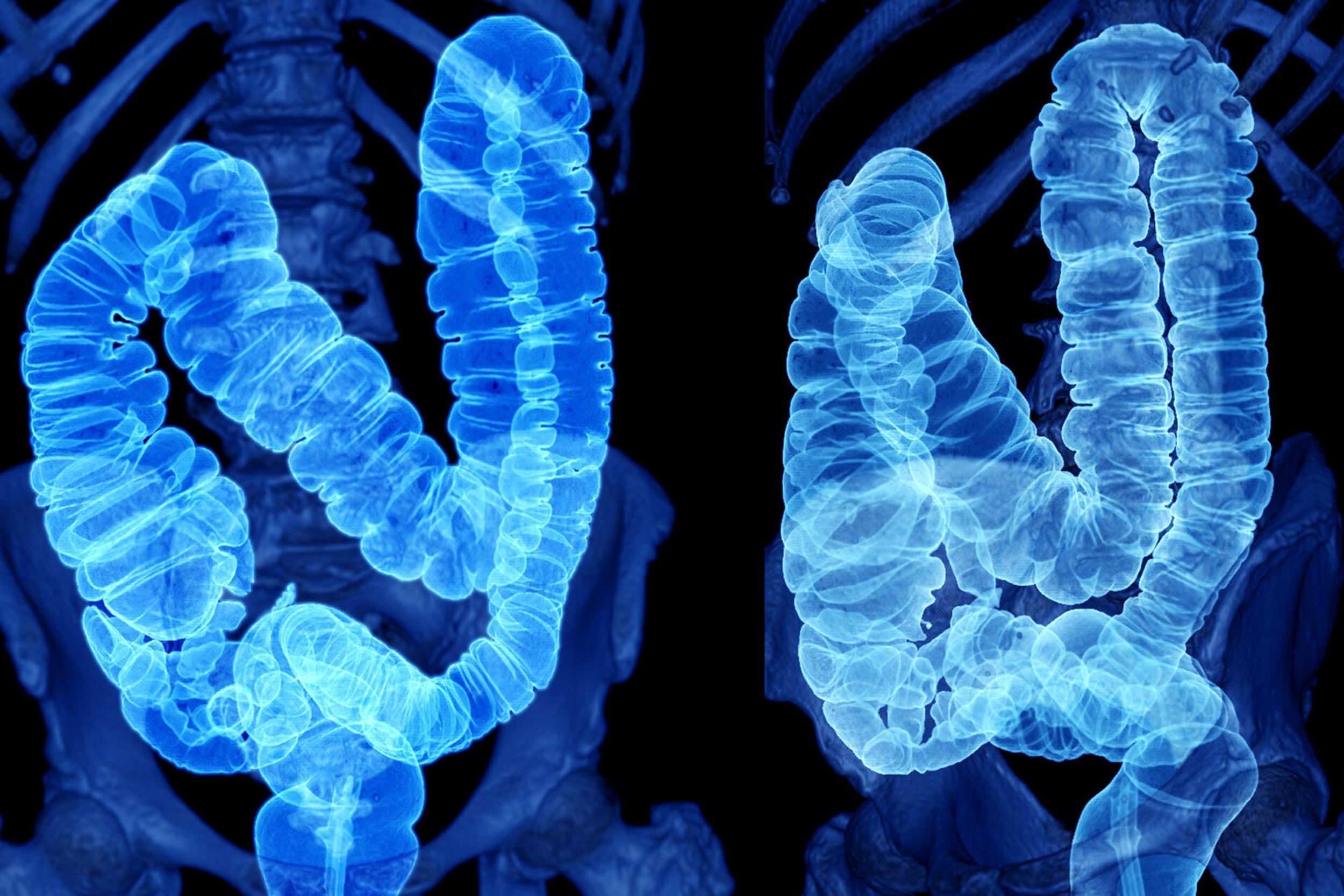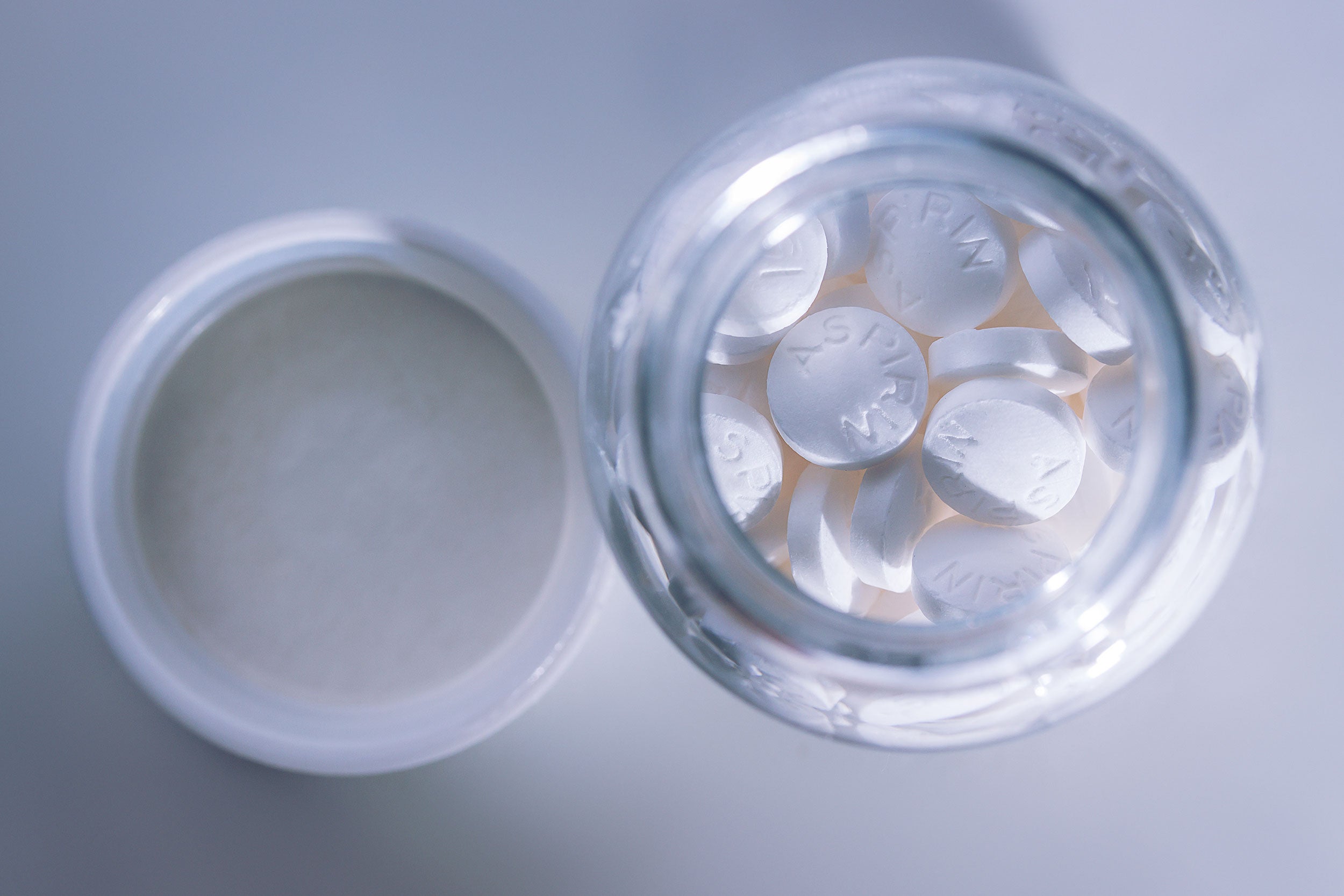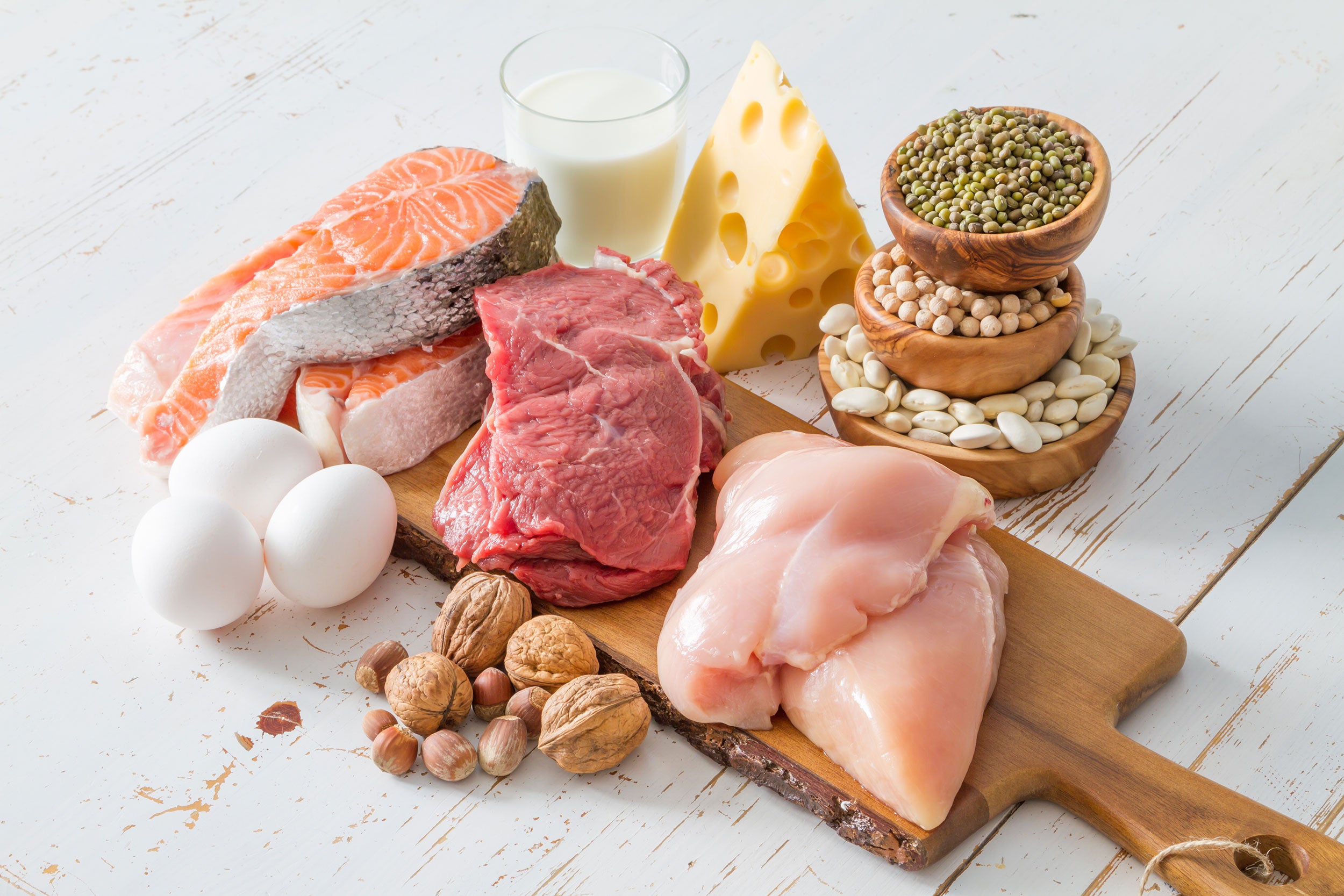Genetic risk scores developed for six diseases
Newly developed polygenic risk scores, which add up hundreds or thousands of genetic risk factors for six common diseases, can aid physicians and patients in making individualized disease screening and prevention decisions.
Haley Bridger •
harvard
April 18, 2022 • ~6 min
April 18, 2022 • ~6 min
Vitamin D may protect against young-onset colorectal cancer
Consuming higher amounts of vitamin D – mainly from dietary sources – may help protect against developing young-onset colorectal cancer or precancerous colon polyps, according to the first study to show such an association.
Richard Saltus •
harvard
Aug. 17, 2021 • ~5 min
Aug. 17, 2021 • ~5 min
Study examines how colibactin causes cancer
In an effort to understand how colibactin, a compound produced by certain strains of E. coli, may be connected to the development of colorectal cancer, Harvard researchers are exploring how the compound damages DNA to produce DNA adducts.
Peter Reuell
• harvard
Feb. 19, 2019 • ~7 min
Feb. 19, 2019 • ~7 min
/
1







